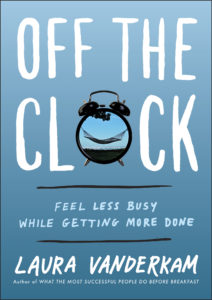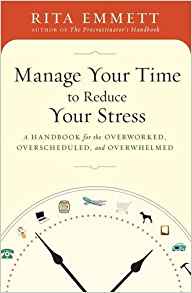 Title: The Joy of Missing Out
Title: The Joy of Missing Out
Author: Tonya Dalton
Genre: Self-Help
Publisher: Thomas Nelson
Publication Date: October 1, 2019
Pages: 240
Format Read: audiobook
Standalone or series: standalone
Where I got the book: Library Libby app
Date finished reading: March 21, 2020
Goodreads Description: Overwhelmed. Do you wake up in the morning already feeling behind? Does the pressure of keeping it all together make you feel anxious and irritable?
Tonya Dalton, CEO and productivity expert, offers you a liberating shift in perspective: feeling overwhelmed isn’t the result of having too much to do — it’s from not knowing where to start.
Doing less might seem counterintuitive, but doing less is more productive, because you’re concentrating on the work you actually want to be doing. Through this book, you can learn how to:
Identify what is important to you and clarify your priorities.
Develop ways to streamline your specific workflow.
Discover your purpose.
Named Top 10 Business Book of the Year by Fortune magazine, The Joy of Missing Out is chock-full of resources and printables. This is a legitimate action plan for change. Once you reject the pressure to do more, something amazing happens: you discover you can finally live a guilt-free, abundant life.
My Review: I am a big fan of self-help nonfiction that gives you actual tasks to achieve the points made in the book. The Joy of Missing Out is a book that gives tips to increase daily productivity while also achieving happiness. It focuses on making the reader understand how to truly be in charge of your time.
Here are some great steps mentioned that will help you achieve this life of productivity and happiness:
- Create a Mission Statement – a short statement that represents who you are.
- Create a Vision Statement (aka North Star) – a representation of what you want to be and achieve in the future.
- Make a priority list – don’t try to do too much, delete tasks that are not necessary or that you can delegate. Here are questions to ask to help you create this list:
- Is it connected to my North Star?
- Is it linked to a goal?
- Is it essential?
- Is it adventageous?
- Is it reality based?
- Create habits to minimize brain power. “Habits free up our mental space so we can focus.”
- Make plan for bigger priorities.
- Set boundaries – your time is your time don’t allow someone else to take it away from you.
- Take a technology break – live in the moment.
- Get plenty of rest.
- Do a daily download. Spend no more than a minute on each of the following:
- Reflecting on daily accomplishments.
- Evaluate the day – was there too much to do or not enough.
- Assess if you closer to your North Star.
- List 3 things you are grateful for that day.
- Write down important tasks for next day.
This is a great time to read this book as many of us are finding ourselves homebound with some extra time to reevaluate our lives (both personal and work lives). I almost can’t wait to start writing down my statements and priorities – yes, the author stresses the importance of writing these things down instead of using technology – finally maybe some validation for my list writing. I listened to the audiobook version and found that it included a bonus episode of the author’s podcast Productivity Paradox. I am so thrilled to have been introduced to this podcast and have already started listening to it and finding more helpful tips.
For additional tools to help you with living this better and more productive life, see Inkwell Press Productivity Co by Tonya Dalton.
“Getting control of our time will lead to less stress.”
My Rating: ♦ ♦ ♦ ♦ ♦

 Title: Time Managment Ninja
Title: Time Managment Ninja Title:
Title:  Title:
Title: